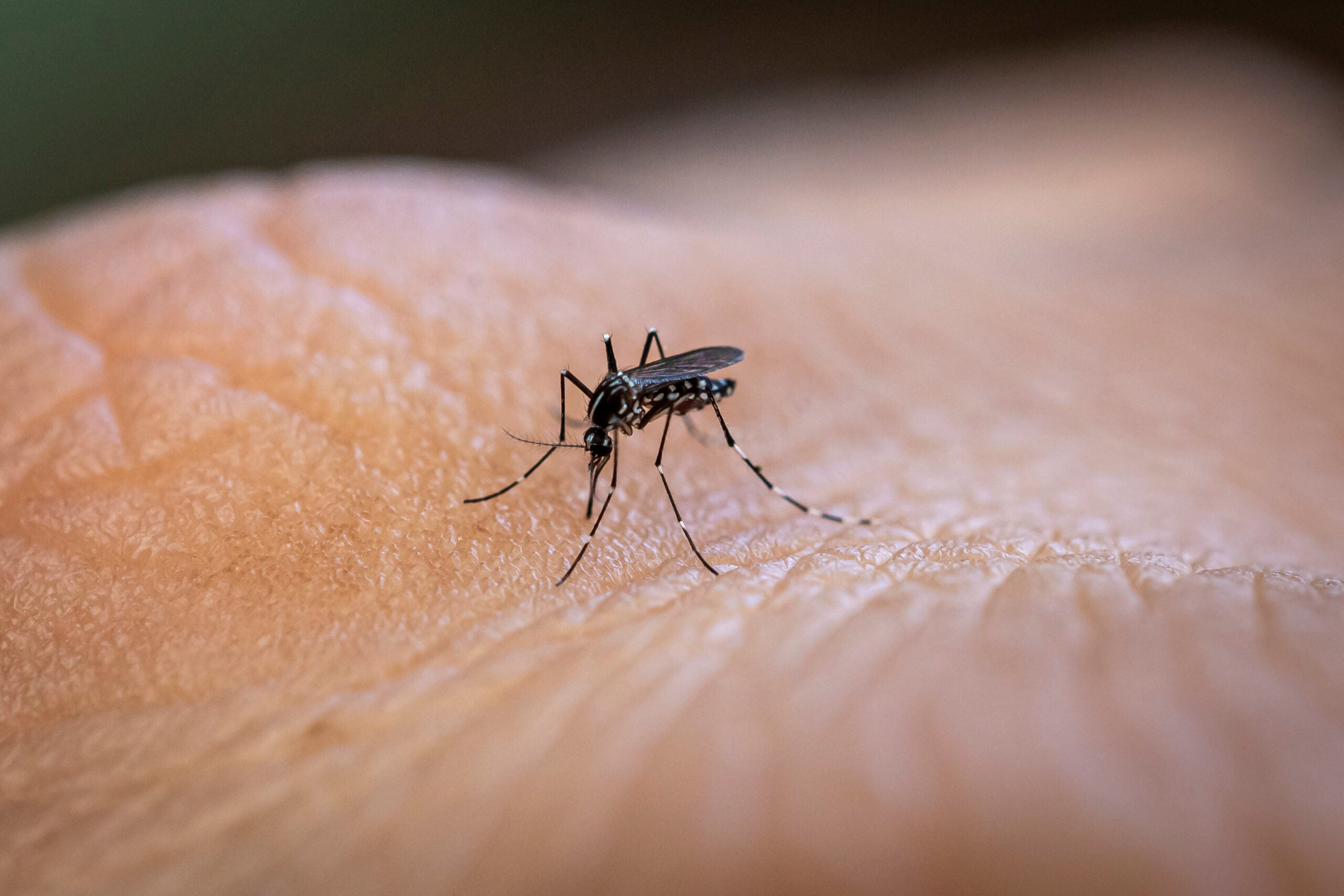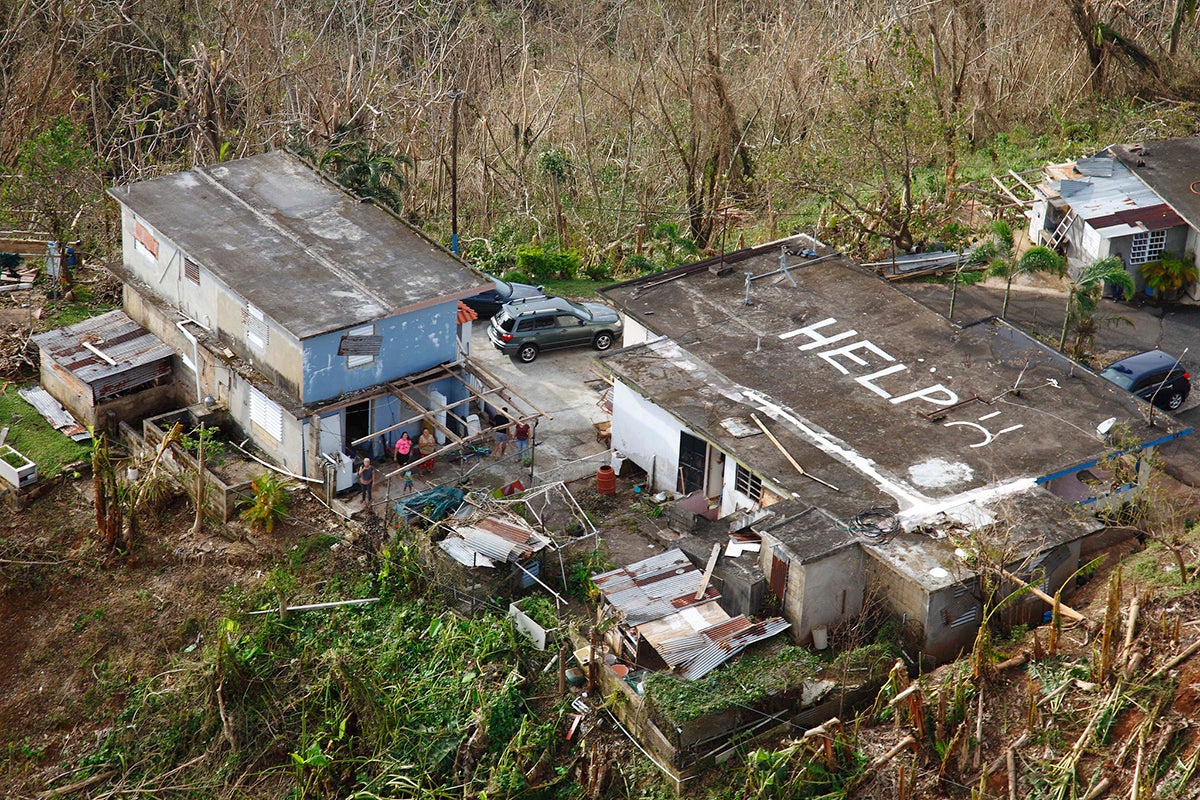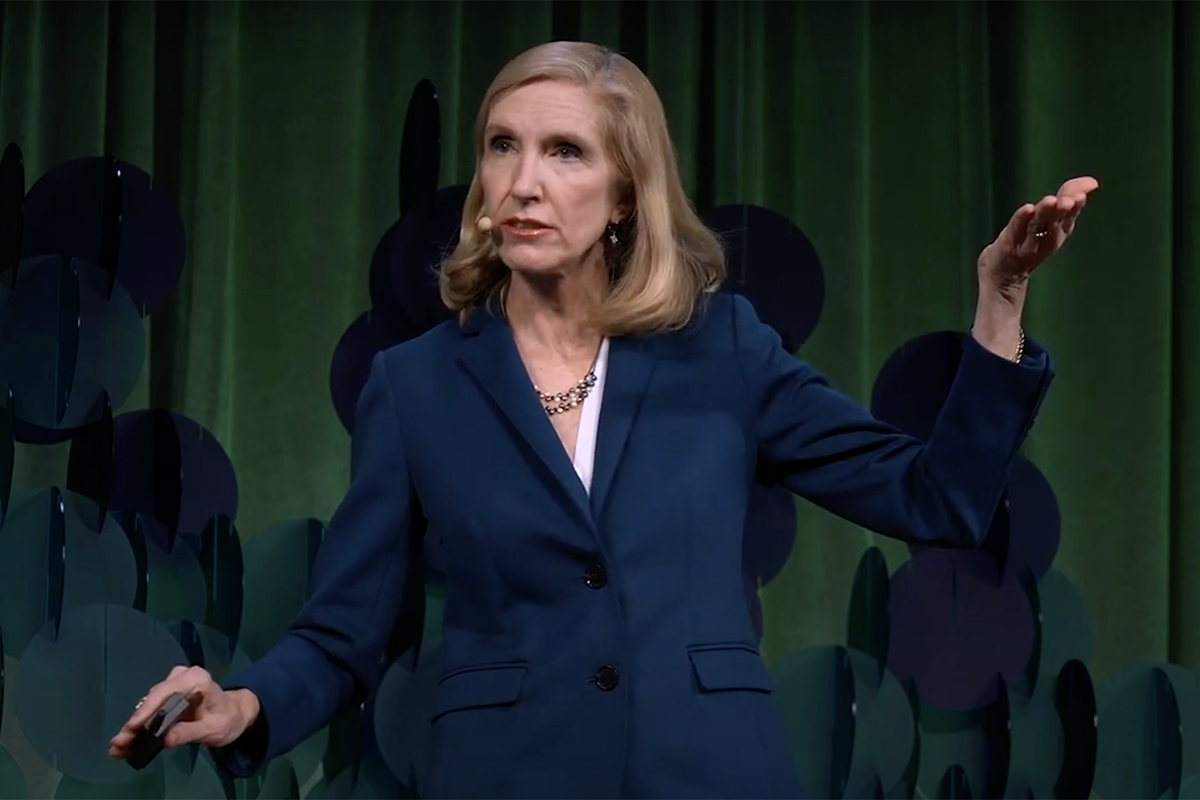Exploring the intersection of health, mindfulness, and climate change
A symposium at Harvard Chan School brought together academics, community leaders, activists, mindfulness practitioners, and monastics who studied under Thich Nhat Hanh to explore the intersection of health, mindfulness, and climate change.

Climate change contributing to rise in immune health problems
Diseases related to problems in immune health—from nasal allergies to food allergies to rheumatoid arthritis to colorectal cancer—have spiked in recent years, and climate change appears to be playing a role, according to Harvard Chan School’s Kari Nadeau.

Why Brazil’s historic dengue outbreak has no near end in sight
Brazil's public vaccination campaign against dengue is unlikely to halt the disease's spread, according to experts.

Deaths, ER admissions spike in weeks following weather disasters
Climate change–driven weather disasters are having broad and lasting impacts on people’s health and on health care utilization—and these impacts are likely being undercounted, according to a new study.

BU-Harvard research coordinating center hosts inaugural climate and health conference
A joint effort of BUSPH and Harvard Chan School, the NIH-funded CAFÉ Research Coordinating Center welcomed more than 1,300 attendees to discuss research and practice at the nexus of climate and health.

Assessing seafood’s potential to reduce global hunger, improve health
With the right investments and protections, “blue foods”—seafood including fish, molluscs, and aquatic plants—can reduce hunger and improve nutrition globally, according to Harvard Chan School's Christopher Golden.

Experts debrief on COP28 climate and health takeaways
Members of the Harvard community who attended COP28—the two-week international climate summit held in late 2023 in Dubai—gathered January 30 to discuss key takeaways, lessons learned, and next steps in the climate and health arena.

Understanding the mental health consequences of chronic climate change
Research is needed to understand the mechanisms through which slower-moving aspects of climate change such as temperature variability, ecosystem shifts, and changes in precipitation affect mental health.

Investing in climate resilience benefits people, planet
Extreme weather events caused by climate change are costing trillions of dollars in damages, but making investments to boost climate resilience would both save money in the long run and protect people’s health, said Harvard Chan School’s Kari…

Opinion: Action needed to address climate change’s deadly impact on health
Action by government and industry is imperative if the world is to avoid “a cascade of escalating health impacts from climate change,” according to Harvard Chan School’s Kari Nadeau.
